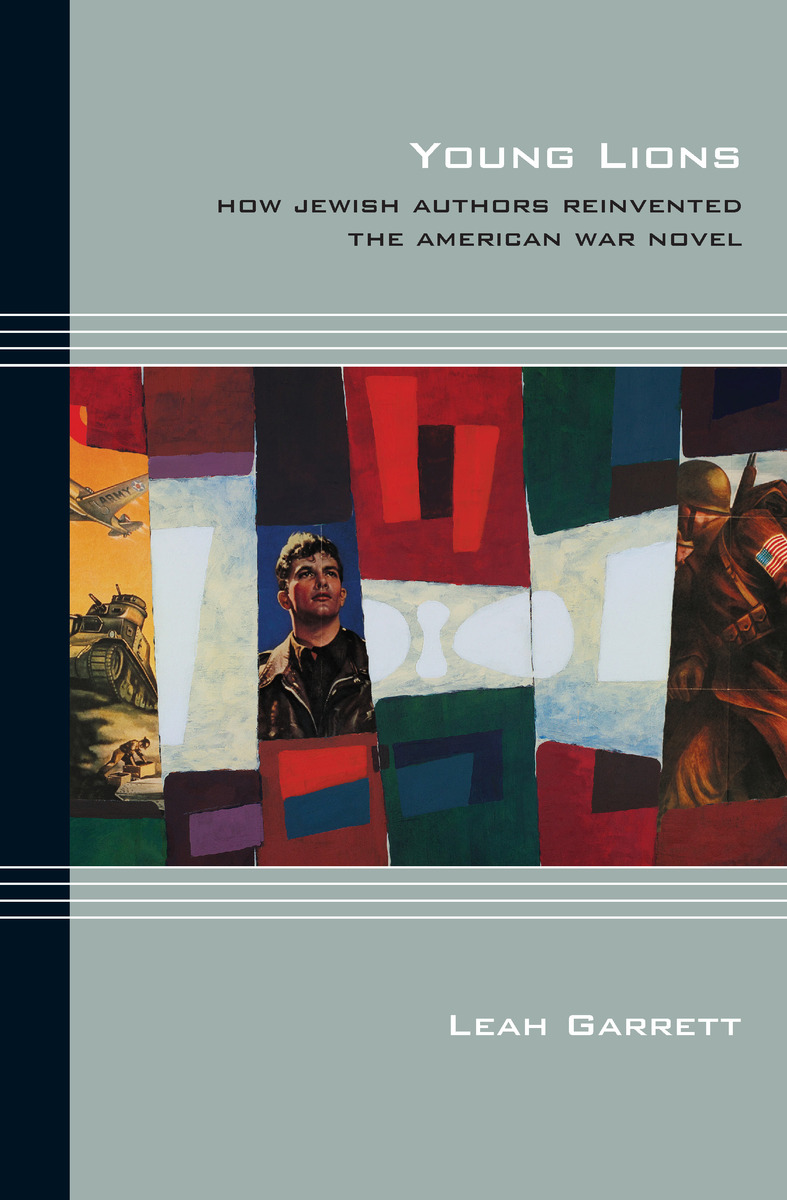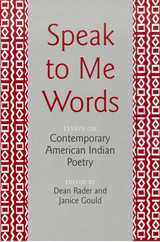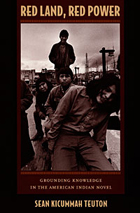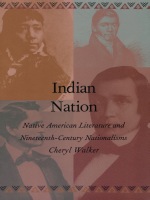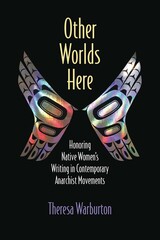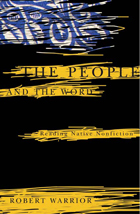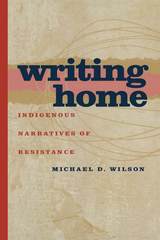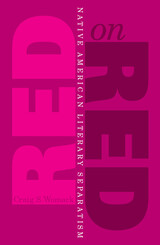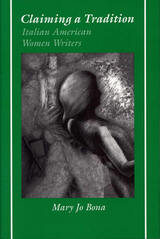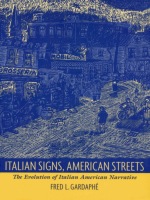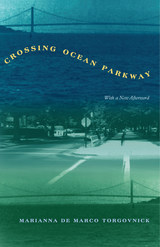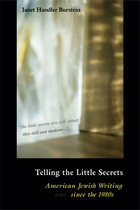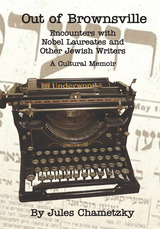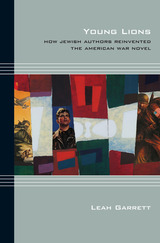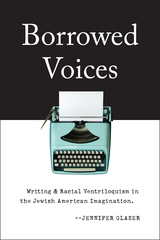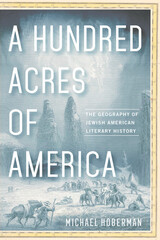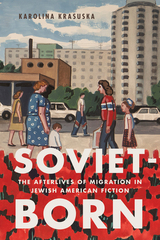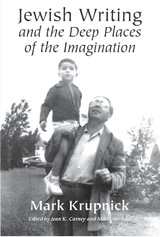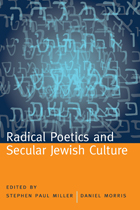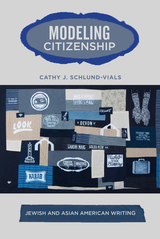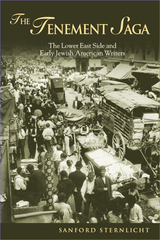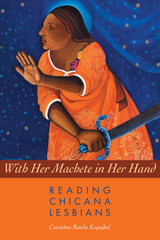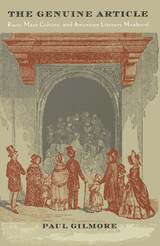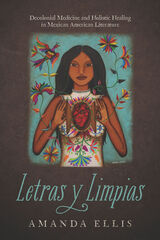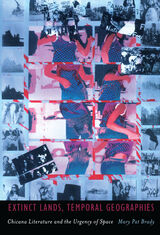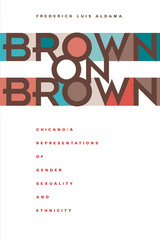eISBN: 978-0-8101-3145-3 | Paper: 978-0-8101-3175-0 | Cloth: 978-0-8101-3144-6
Library of Congress Classification PS153.J4G37 2015
Dewey Decimal Classification 810.98924
Finalist, 2015 National Jewish Book Awards in the American Jewish Studies category
Winner, 2017 AJS Jordan Schnitzer Book Award in the category of Modern Jewish History and Culture: Africa, Americas, Asia, and Oceania
Young Lions: How Jewish Authors Reinvented the American War Novel shows how Jews, traditionally castigated as weak and cowardly, for the first time became the popular literary representatives of what it meant to be a soldier and what it meant to be an American. Revisiting best-selling works ranging from Norman Mailer’s The Naked and the Dead to Joseph Heller’s Catch-22, and uncovering a range of unknown archival material, Leah Garrett shows how Jewish writers used the theme of World War II to reshape the American public’s ideas about war, the Holocaust, and the role of Jews in postwar life. In contrast to most previous war fiction these new “Jewish” war novels were often ironic, funny, and irreverent and sought to teach the reading public broader lessons about liberalism, masculinity, and pluralism.
See other books on: Garrett, Leah | Holocaust, Jewish (1939-1945), in literature | Jewish authors | Literature and the war | Young Lions
See other titles from Northwestern University Press
